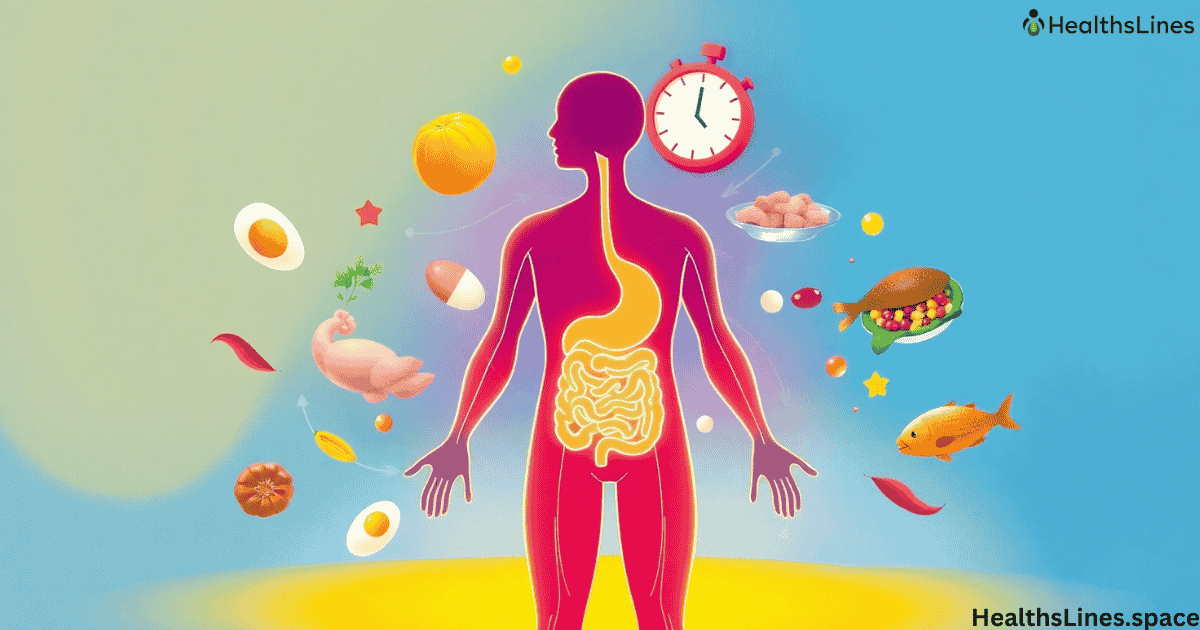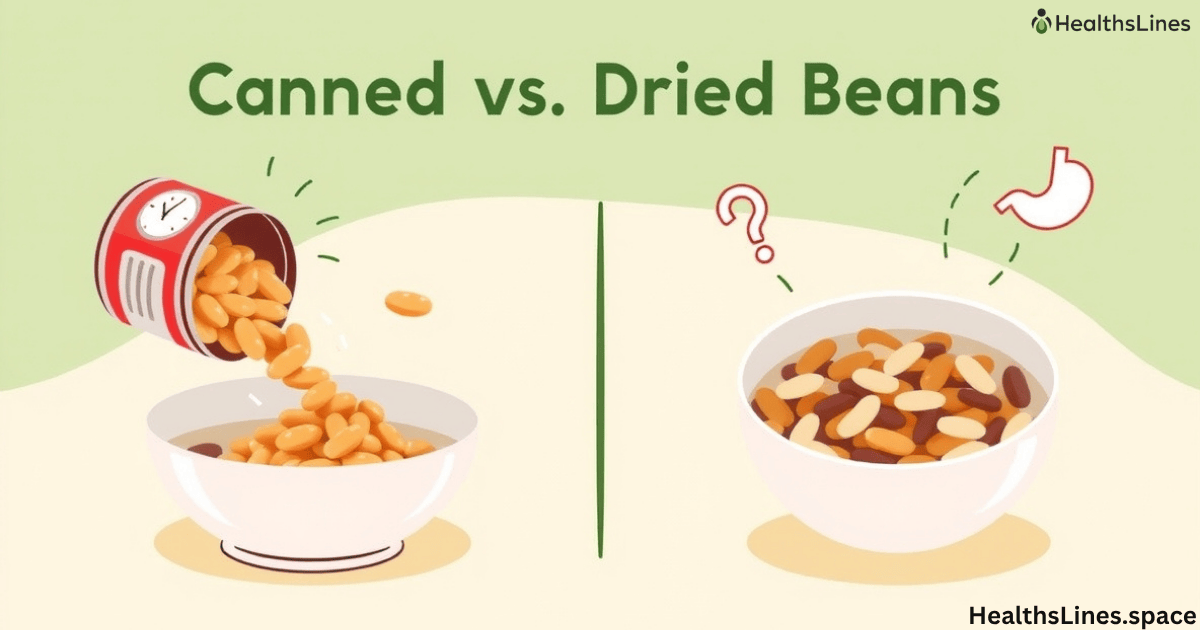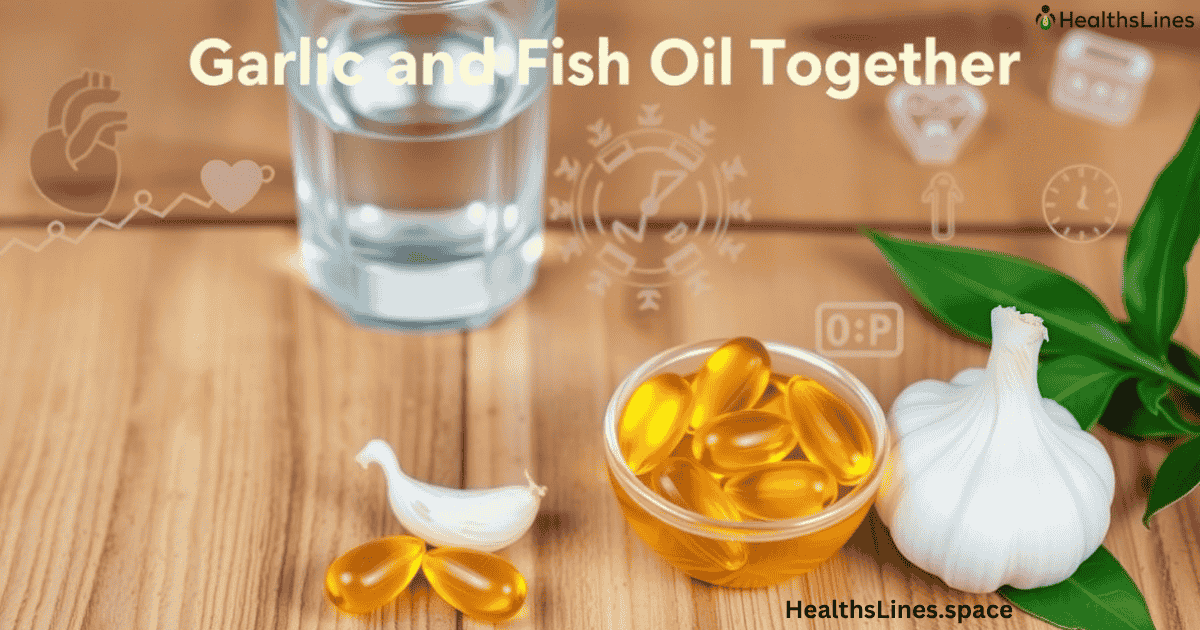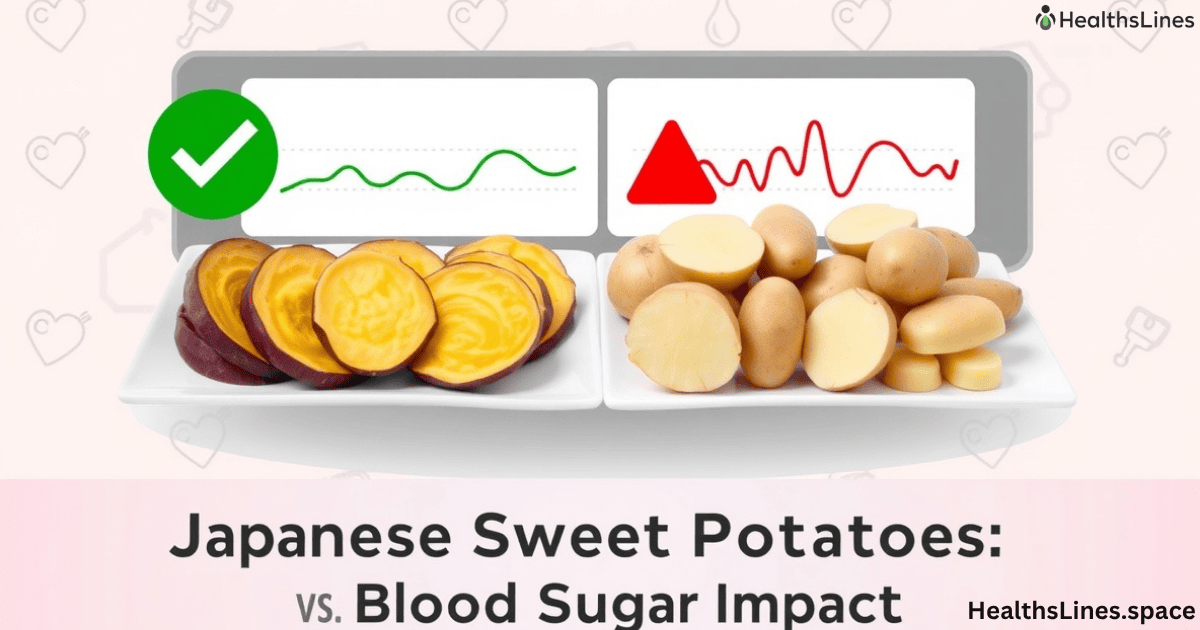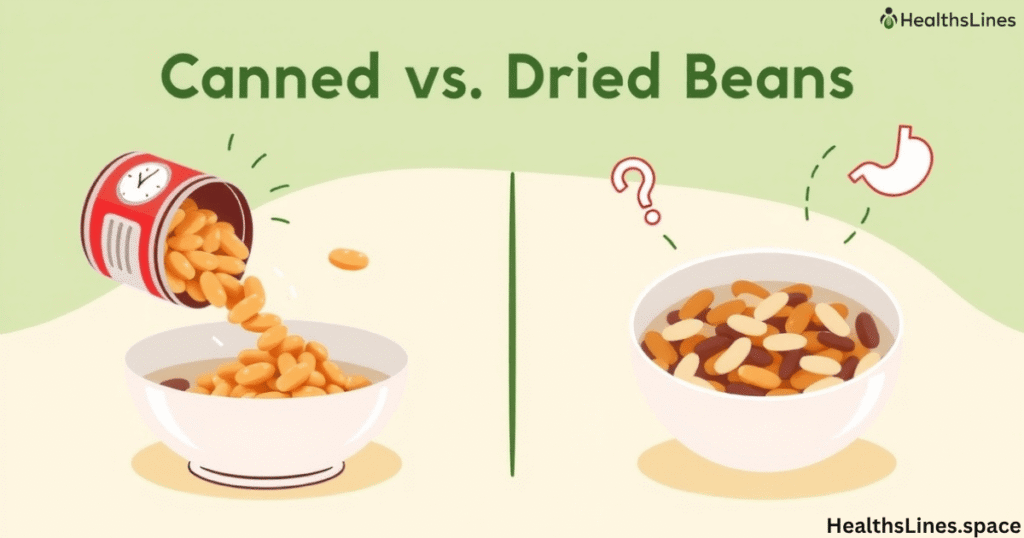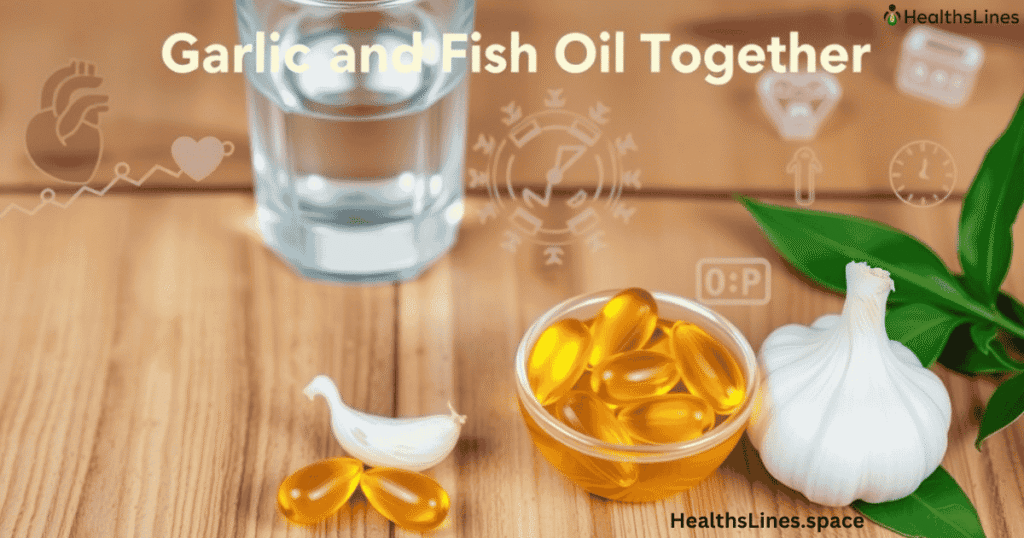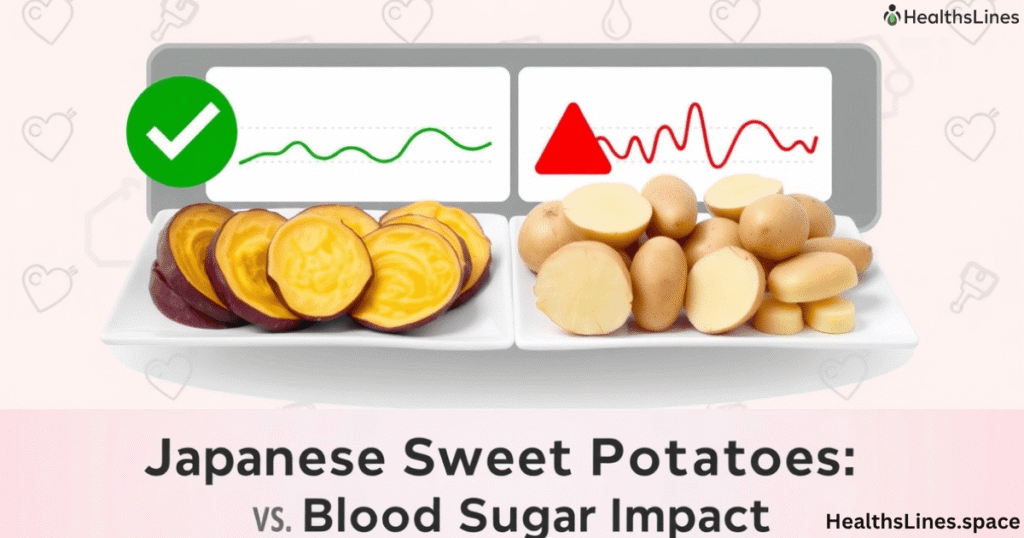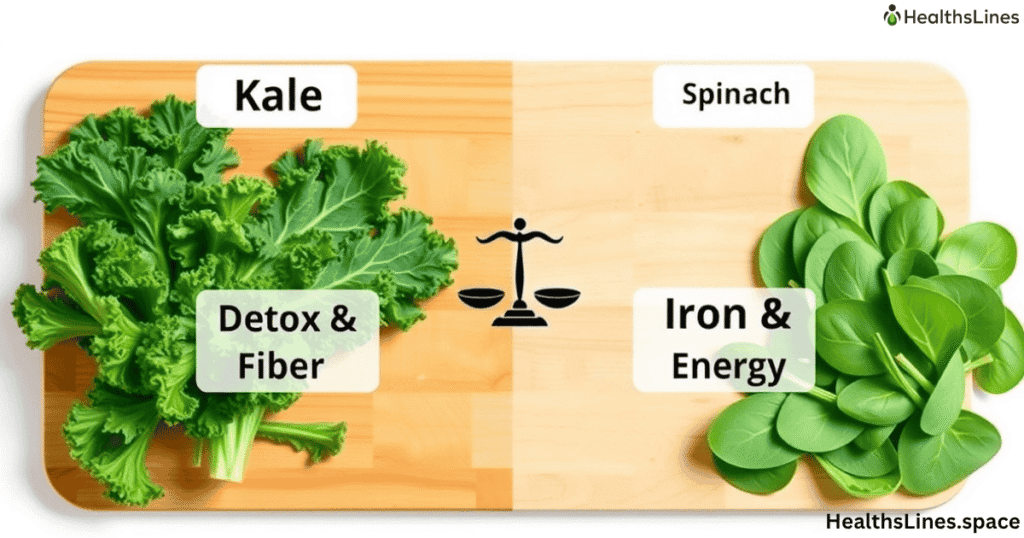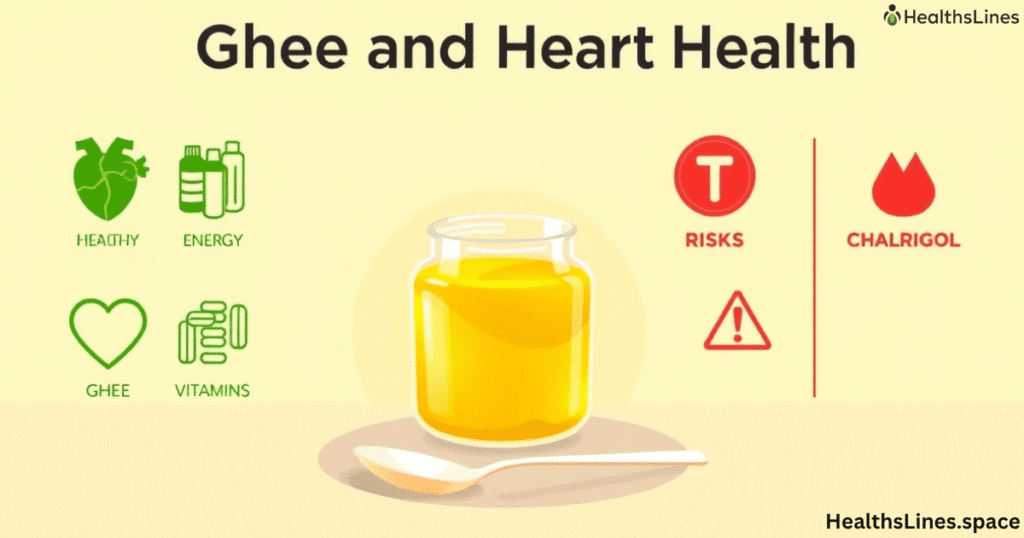Protein is one of the most important parts of your diet. It builds muscle, repairs tissues, makes hormones, and even keeps your immune system strong. But many people ask the same question: how long does protein stay in your system? The answer is not simple, because protein moves through your body in different steps. It is digested, absorbed, used, or broken down depending on your needs.
In this guide, we will look at how long protein lasts in your body, how it is digested, what happens to extra protein, and why timing matters. By the end, you’ll understand how protein works inside you and how to get the best out of it.
How Long Does Protein Stay in Your Body?
When you eat protein, your body does not use it all at once. Instead, it takes time to break it down into smaller parts called amino acids. Some proteins move through the body fast, while others stay much longer. For example, whey protein, which comes from milk, is digested quickly. Your muscles can use it in 1 to 2 hours. Casein protein, also from milk, is much slower and can take 6 to 7 hours. Solid protein foods like chicken, beef, or fish often stay in your system for 4 to 6 hours because your stomach has to work harder to digest them.
But the story does not end there. Once proteins turn into amino acids, they enter your blood and travel to different parts of the body. These amino acids may stay active for up to 24 to 48 hours. They are stored in what scientists call the “amino acid pool,” ready to be used when your body needs them. This is why many health experts recommend spreading your protein intake across the day. It keeps amino acids available for your muscles and organs instead of running out quickly.
How the Body Breaks Down and Absorbs Protein
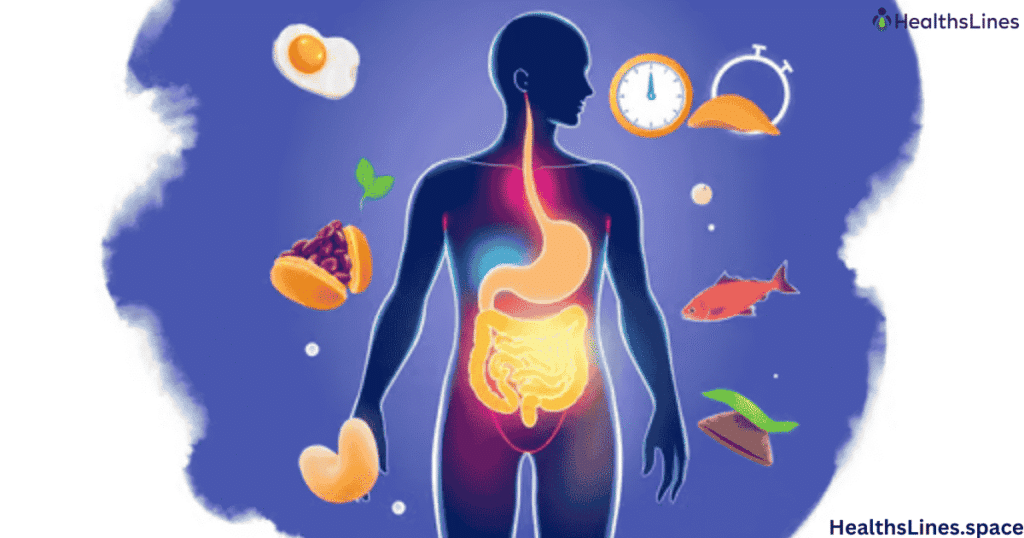
Protein digestion is a step-by-step journey. It starts in your mouth when you chew food. This breaks it into small pieces. Once food reaches your stomach, acids and enzymes break protein chains into smaller ones called peptides. From here, the food moves into your small intestine. Special enzymes like trypsin then cut these peptides into even smaller pieces called amino acids.
Once the amino acids are small enough, they pass through the walls of the small intestine and move into your bloodstream. Now they can travel anywhere your body needs them. Muscles may take some, the liver may use others, and some are used for hormones or energy. This process shows that protein is not wasted but carefully shared around your body. It is like fuel being delivered to different houses in a city—each house gets what it needs to keep working.
Factors That Influence Protein Retention
Protein does not stay the same in everyone’s body. Several things affect how fast or slow protein is used. One of these is age. Young people often digest protein quickly, while older adults may need more protein because their bodies do not use it as well.
Activity level is another big factor. Athletes and active people use protein faster to repair their muscles. People who are less active may not use protein as quickly. The type of protein matters too. Animal proteins like meat, eggs, and dairy have all the essential amino acids your body needs. These are called “complete proteins.” Plant proteins like beans, rice, and lentils may be missing one or two amino acids, but you can combine them to make a complete protein. Other things like how much fiber, fat, or water you consume with protein also affect how long it stays in your body.
Protein’s Role After Absorption
When protein is digested, it breaks down into small parts called amino acids. These amino acids enter the blood and travel all around the body. Once they arrive, they act like workers in a busy factory, fixing, building, and protecting different systems. One of the most important jobs is muscle repair. Every time you walk, climb stairs, or exercise, your muscles get tiny tears. Amino acids rush in to repair these tears, which makes the muscles stronger over time. This is why athletes and people who exercise often eat more protein.
But protein does much more than just repair muscles. It helps make enzymes that control chemical reactions in the body, like digestion and energy production. Protein also helps form hormones, which are chemical messengers. Hormones control things like growth, mood, and metabolism. Without protein, your body would struggle to keep these systems balanced.
Another major role is protection. Amino acids are needed to create antibodies, which defend your body against bacteria and viruses. Even your skin, hair, and nails depend on protein for growth and strength. In short, after absorption, protein becomes the building blocks for almost everything. It keeps your body running, your muscles repairing, and your immune system strong.
How the Body Stores or Discards Extra Protein
Unlike fat or carbohydrates, your body cannot store protein for later use. Instead, it uses amino acids right away or breaks them down if they are not needed. When amino acids are broken down, the nitrogen part is removed. This process is called deamination, and it creates waste called urea, which leaves the body through urine. The rest of the amino acid can turn into glucose for energy or even fat if your body already has enough fuel.
This means eating extra protein does not always mean building more muscle. Muscles can only take in a certain amount of amino acids at once. If you eat too much protein in one meal, your body will just break it down and use it as energy or waste. This is why eating protein in smaller amounts throughout the day is much better than eating a very large amount at once.
Can You Consume Too Much Protein?
Protein is good for your body, but like anything else, too much can cause problems. Many people worry that high protein diets hurt the kidneys. For healthy people, science shows this is mostly a myth. Studies prove that eating a higher amount, around 1.2 to 2 grams of protein per kilogram of body weight each day, is safe for most adults. Athletes sometimes eat even more because their muscles need extra repair, and they usually have no issues.
However, eating far beyond your needs can put stress on your body. When you eat more protein than required, your body must break down the extra amino acids. This process creates waste that is flushed out through urine. If you do not drink enough water, this can make you feel tired or dehydrated. Some people also notice bloating, stomach pain, or bad breath if they eat too much protein for long periods.
There is also the problem of calories. Protein has four calories per gram, so very high protein diets can lead to weight gain if you are not active. Another issue is balance. If you eat mostly protein but ignore fruits, vegetables, and healthy fats, your body misses other important nutrients. For the best results, aim for balance instead of overload.
Practical Tips for Maximizing Protein Use
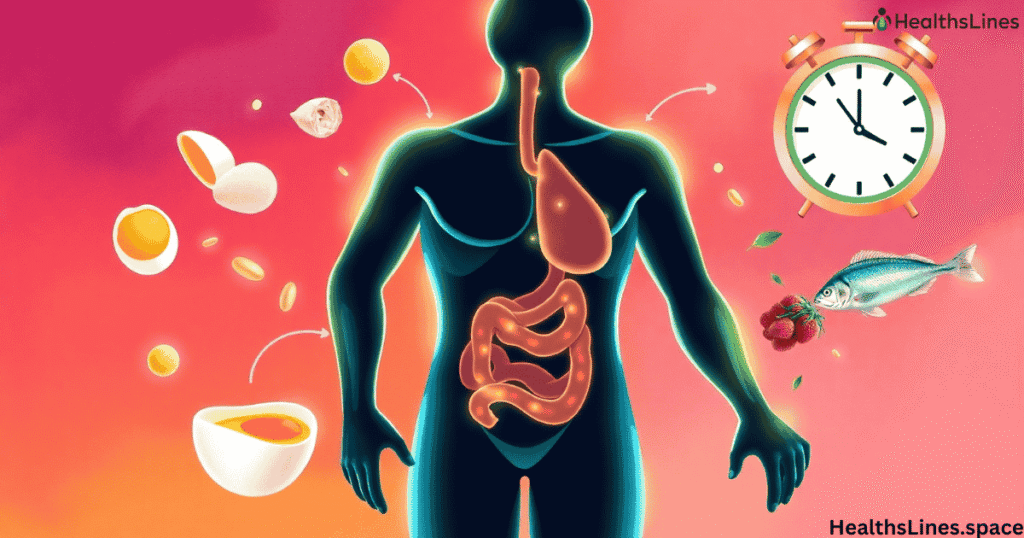
Eating enough protein is important, but the way you eat it makes a big difference in how your body uses it. Your body can only handle a certain amount of amino acids at one time, so eating a very large serving of protein in one meal is not the best idea. Instead, spreading protein across the day helps keep a steady supply in your bloodstream. For example, you can start your morning with eggs or yogurt, have chicken or beans for lunch, and enjoy fish or lentils at dinner. This balance allows your body to repair and build throughout the day.
Timing also matters. Eating a fast-digesting protein like whey right after exercise helps muscles recover quickly. On the other hand, slow proteins like casein are useful before sleep because they release amino acids over several hours. This supports your body even when you are resting.
Mixing protein sources is another smart tip. Rice on its own is not a complete protein, but when eaten with beans it becomes complete. Drinking plenty of water is equally important because protein metabolism creates waste that your kidneys must filter out. By pairing protein with vegetables, healthy fats, and complex carbs, you also improve digestion and energy. This way, every gram of protein works for your health.
Protein Digestion and Absorption Comparison
| Protein Source | Digestion Speed | Time in Body | Best Use |
| Whey Protein | Fast | 1–2 hours | Post-workout recovery |
| Casein Protein | Slow | 6–7 hours | Before sleep |
| Meat/Fish | Medium-Slow | 4–6 hours | Long energy supply |
| Plant Protein | Medium | 3–5 hours | Combine with other foods |
Conclusion
Protein is more than just food. It is fuel, repair material, and protection for your body. From the moment you eat it, protein begins a long journey of digestion, absorption, and use. It does not sit around waiting. Instead, it is always moving to where it is most needed. Unlike fat or carbs, protein cannot be stored, so balance and timing are key.
Knowing how long protein stays in your system helps you make smarter choices about your diet. Whether you want stronger muscles, better health, or more energy, protein plays a role. Eating the right types, at the right times, and in the right amounts turns protein into a powerful tool for your body.
